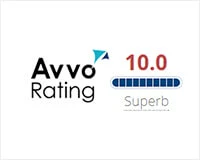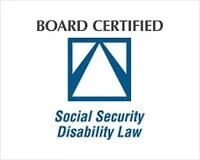Garbage trucks may keep the community clean but create risks
On Behalf of O’Malley Tunstall PLLC | Nov 6, 2019 | Personal Injury
It’s common knowledge that large commercial trucks pose a risk to drivers and pedestrians. Even though these vehicles are more common on major thoroughfares and highways, people respect them and understand that they need to take certain precautions to keep themselves safe when driving nearby.
Garbage trucks, on the other hand, are often treated more as a nuisance due to their size, slowness and frequent stopping rather than as a source of worry. Quite a few people underestimate the size, weight and maneuvering difficulties of the garbage trucks. While garbage collection vehicles perform important tasks for communities, they also pose substantial risks to people in their vehicles and on the street.
A garbage truck has many of the same risk factors that a commercial truck does. But, they are not regulated like semi-trucks and their drivers are — the same rules and laws don’t apply.
Over a hundred people die annually because of garbage trucks
According to an analysis of commercial vehicle crash statistics performed by the Federal Motor Carrier Safety Administration, 107 people died as a result of garbage truck crashes in 2017, the most recent year with statistics available. More than 1,400 people suffered serious injuries as a result of a crash with a garbage truck.
Some drivers may not realize that a garbage truck was about to stop in front of them. Others may have failed to notice the movements of the arm that lift the trash receptacles. Other drivers, pedestrians and cyclists can end up hurt or killed by bad driving on the part of garbage truck operators. On Oct. 28, 2019, an adult cyclist here in North Carolina was struck and killed when a dump truck sideswiped him during his morning ride.
Those dealing with the consequences of a garbage truck crash have rights
Depending on the circumstances, you may be able to take action against the driver or the company that employs them. A lot of different factors will affect your options and rights after a collision with a commercial vehicle. For example, were the drivers or operators of the vehicle complying with traffic laws and safety best practices? Did the company that owns the truck fail to properly maintain it?















